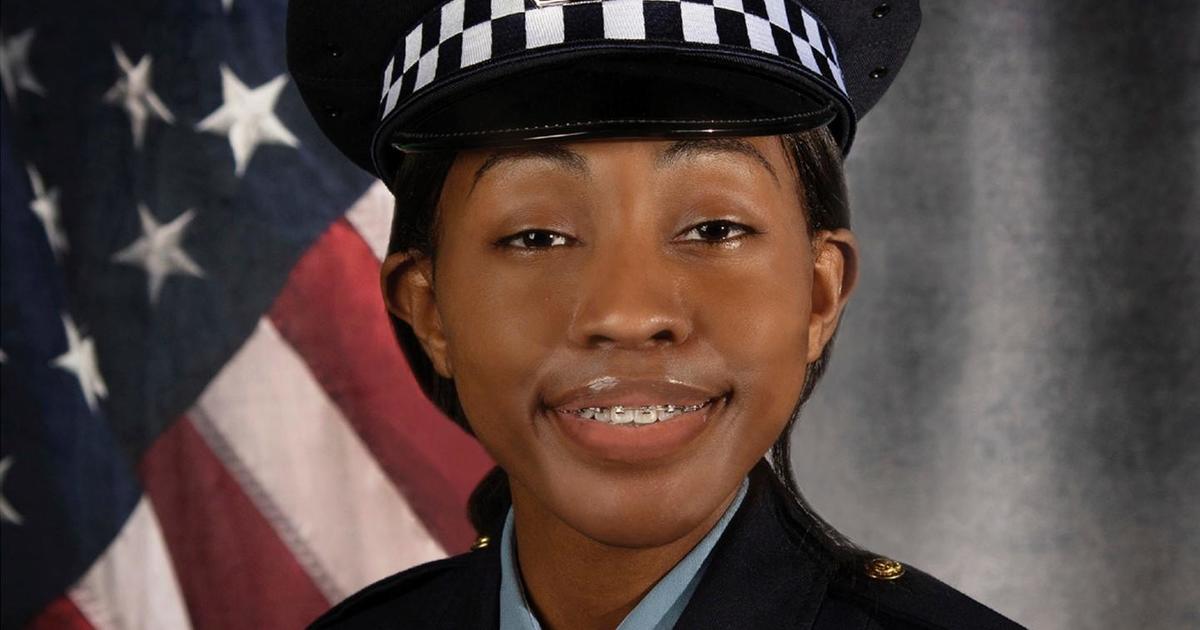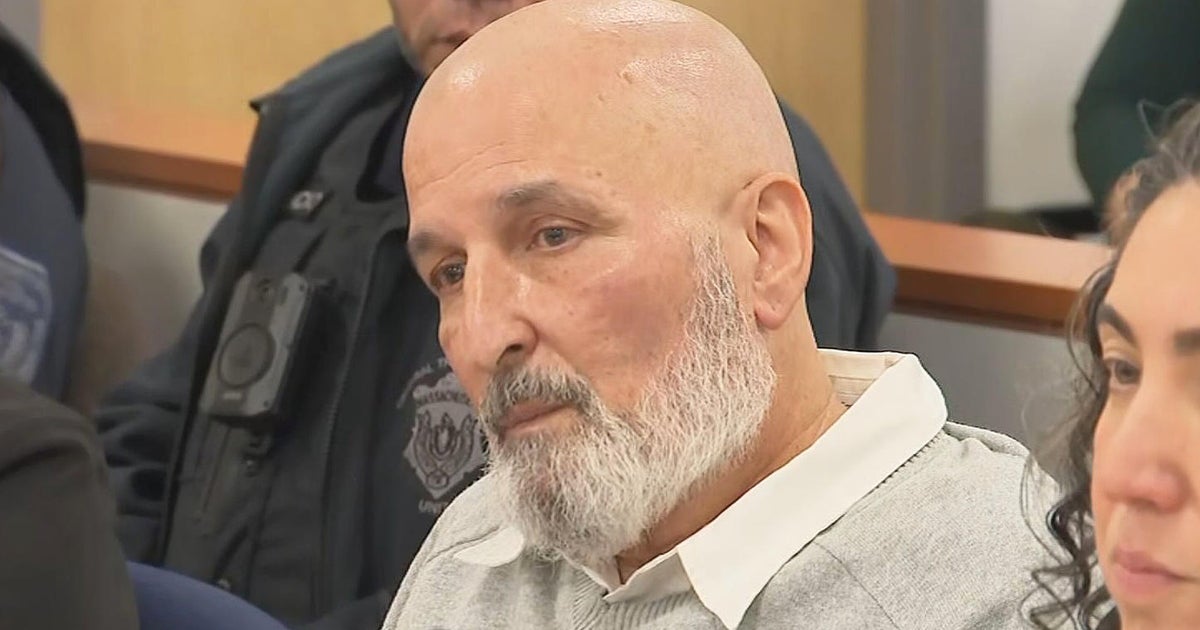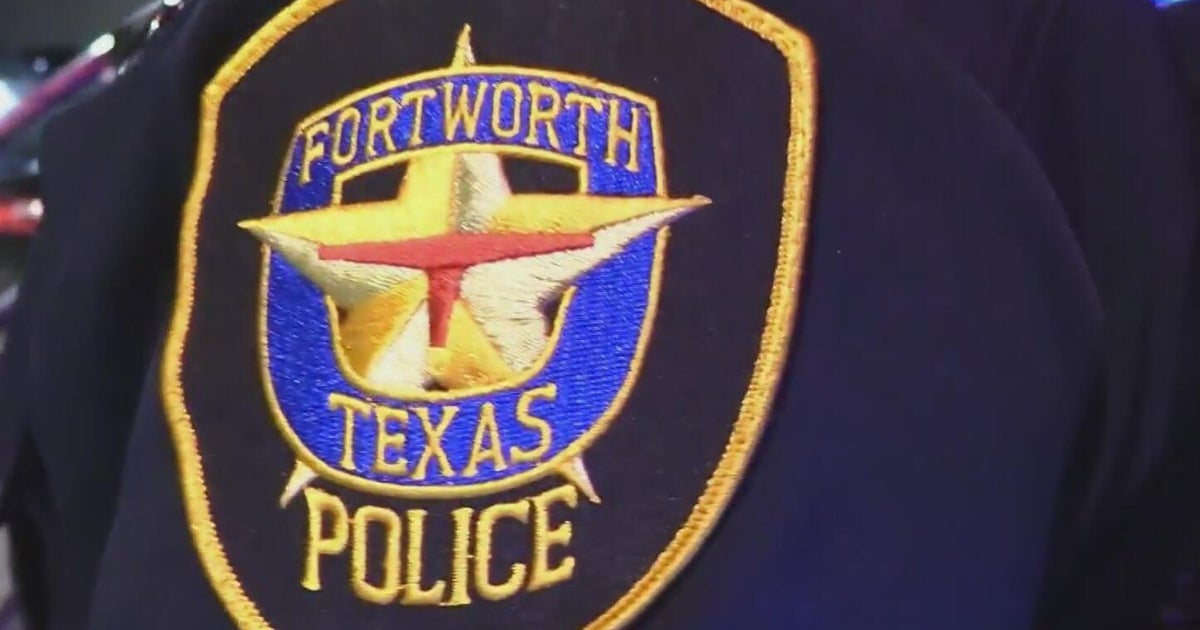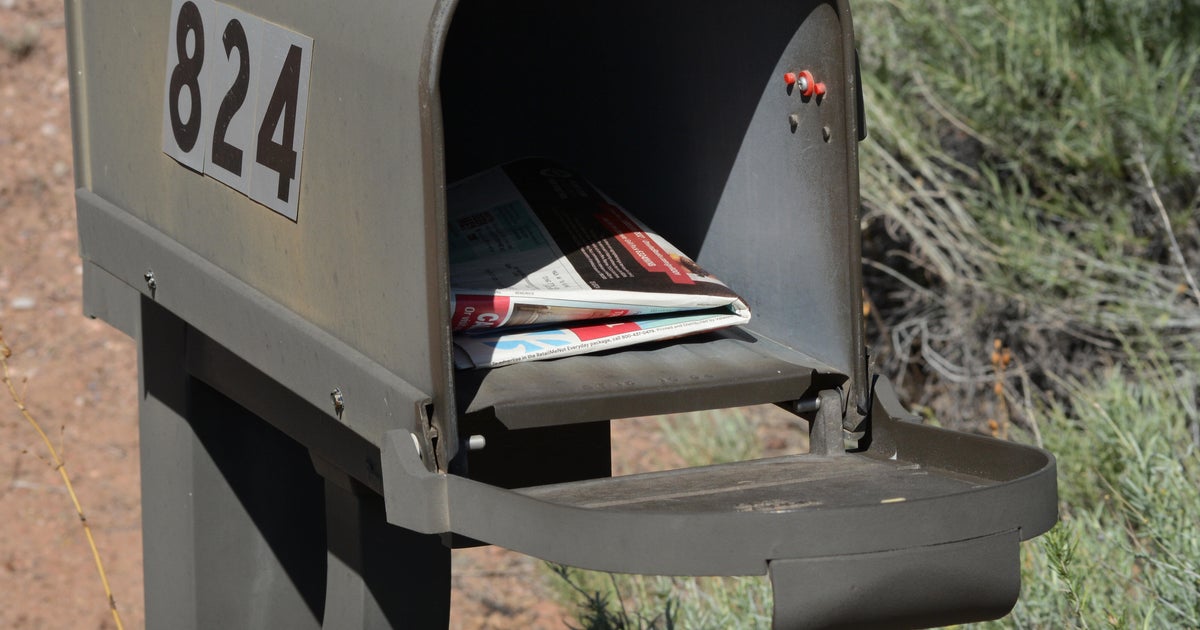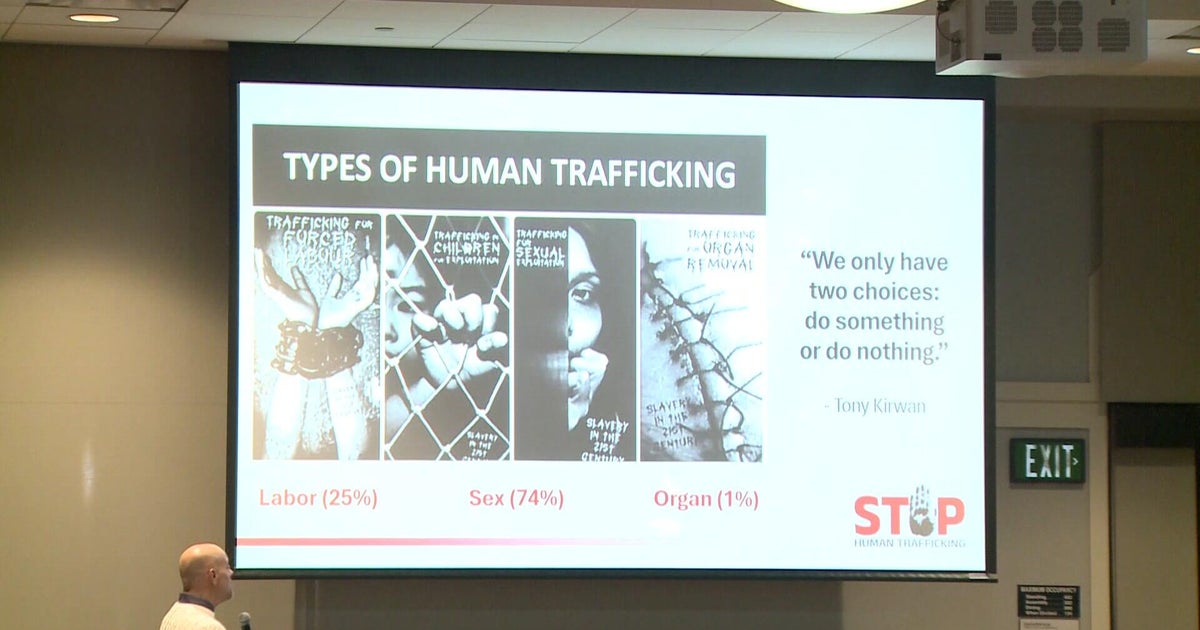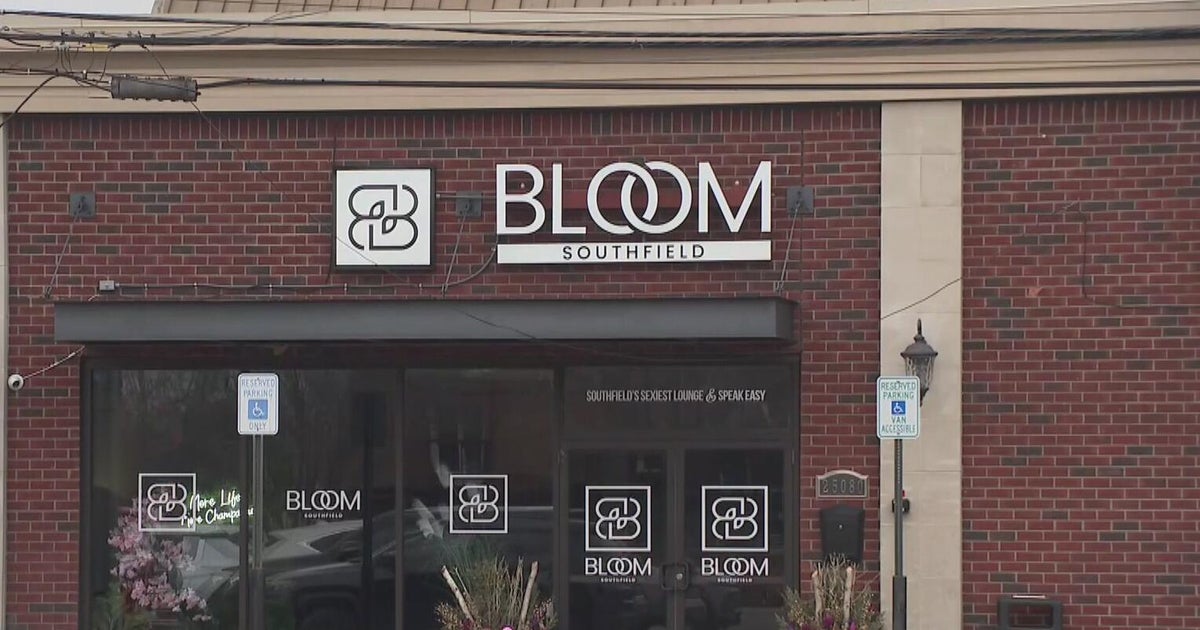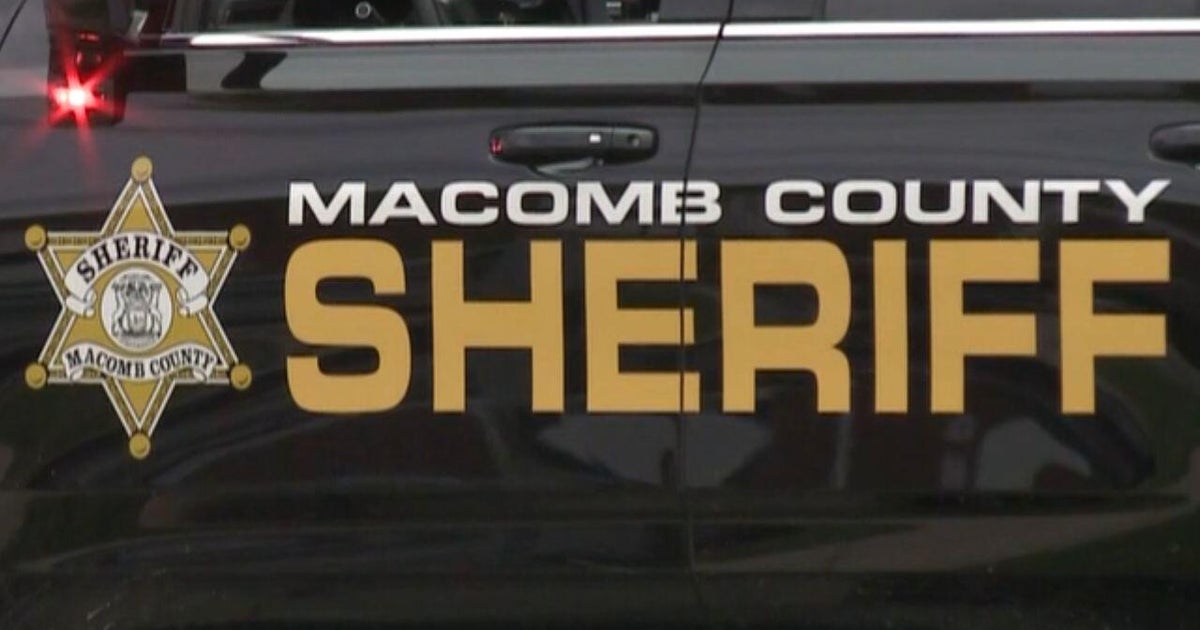Chicago residents testify at federal court hearing on traffic stops, in wake of death of Dexter Reed
CHICAGO (CBS) -- Months after a traffic stop in the Humboldt Park neighborhood led to a man being killed in a shootout with Chicago Police, residents from across the city voiced their opinions Tuesday about CPD traffic stop policies to a federal judge overseeing the city's mandated police reform.
U.S. District Judge Rebecca Pallmeyer listened to hours of community input on what specific traffic stop-related requirements should be added to the consent decree, if any. Many said reform is necessary.
The daylong federal court hearing came less than three months after Dexter Reed's fatal traffic stop.
Officers said they pulled over the 26-year-old Reed in the 3800 block of West Ferdinand Street because they suspected he wasn't wearing a seat belt. Body camera video of the chaotic scene that unfolded showed that officers shot 96 bullets in 41 seconds, killing Reed—who investigators say fired first.
"Dexter Reed supposedly had a missing seatbelt. He's dead now," said Michael Harrington of the Rogers Park community organization Network 49. "That shouldn't happen."
Harrington was one of about 100 community members who signed up to speak. He was also one of many who felt the federal court should not oversee such traffic stops.
"The community commission that governs this should be responsible for what happens with traffic stops which are racially discriminatory," said Harrington. "They're dangerous for police officers and residents, and they end up worsening community-police relations."
Chicago Police Supt. Larry Snelling, who supports the independent oversight of CPD's traffic stop practices, told the judge the department has reduced traffic stops year to date from last year by approximately 87,000.
"Why are y'all pulling me over? I did nothing wrong," said Bronzeville resident and activist Jasmine Smith, who also testified at the hearing. "Y'all pull me over because y'all ran my plate, and my plate says that I have a gun."
Smith said she is constantly worried for herself and her loved ones behind the wheel, and federal oversight will only drag out the road to reform.
"I want to be a part of making those necessary changes when it comes to our police department and how they interact with the civilians, because they are very dangerous," Smith said.
Some residents did voice their support of CPD traffic stops as a necessary tool to keep the public safe. All parties agreed the large public participation was a good thing.
"We need more public involvement to create a safer Chicago, and that's what we need," Harrington said.
As for the Reed case, all five officers remain on paid administrative leave.
The American Civil Liberties Union of Illinois has also sued the city over CPD's use of traffic stops, which the suit says are discriminatory.
